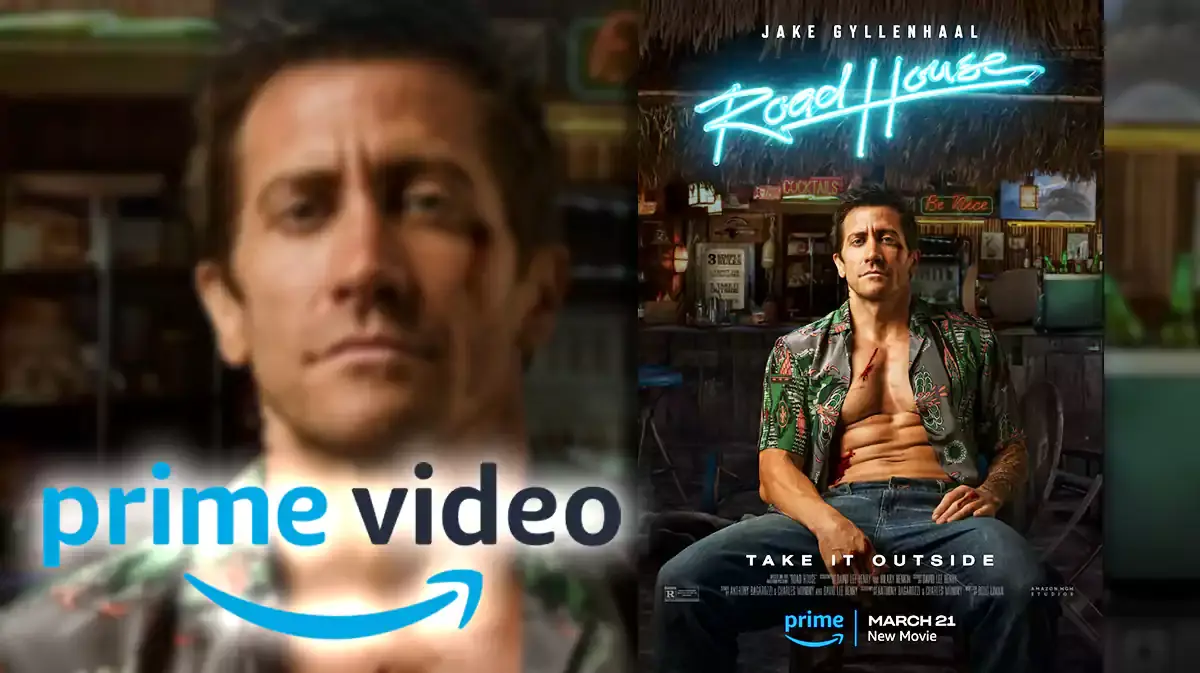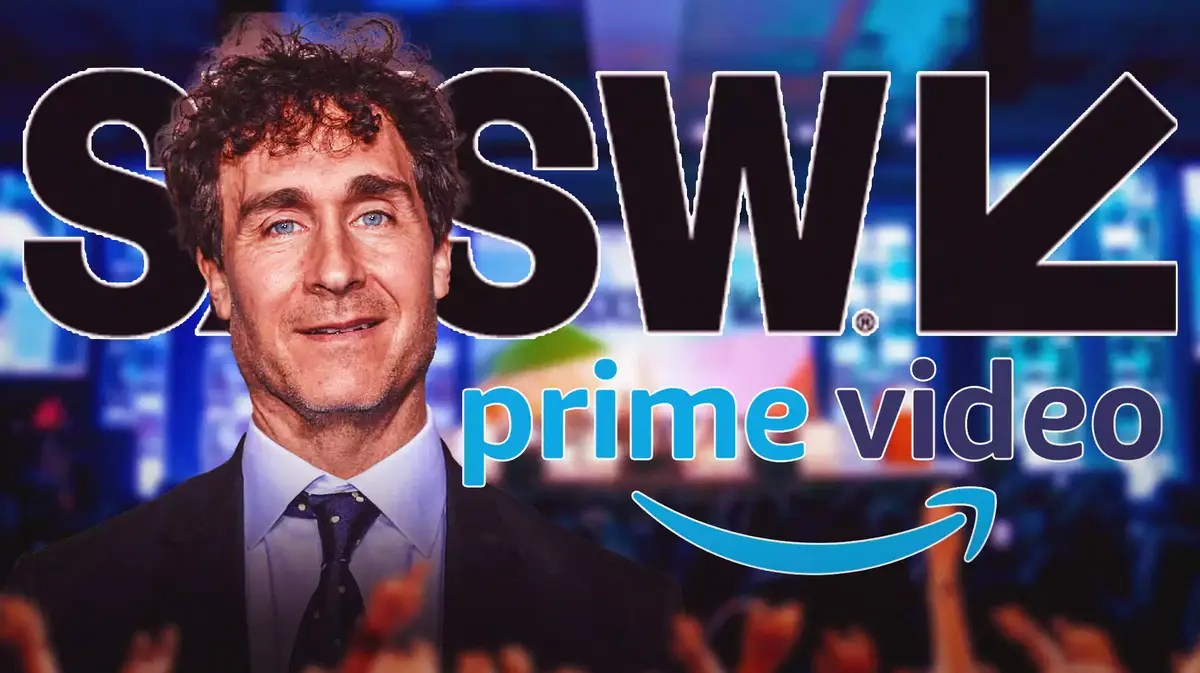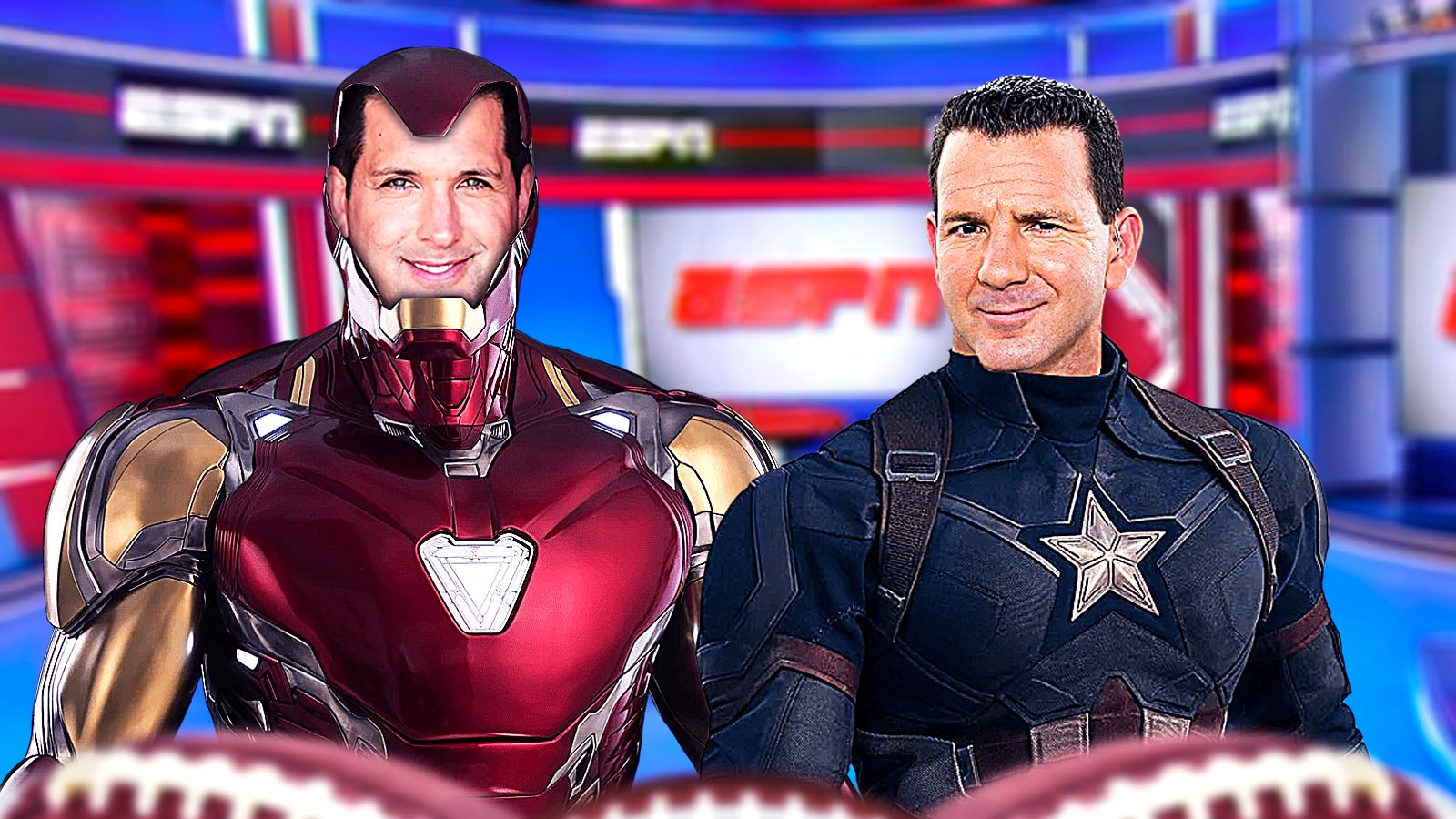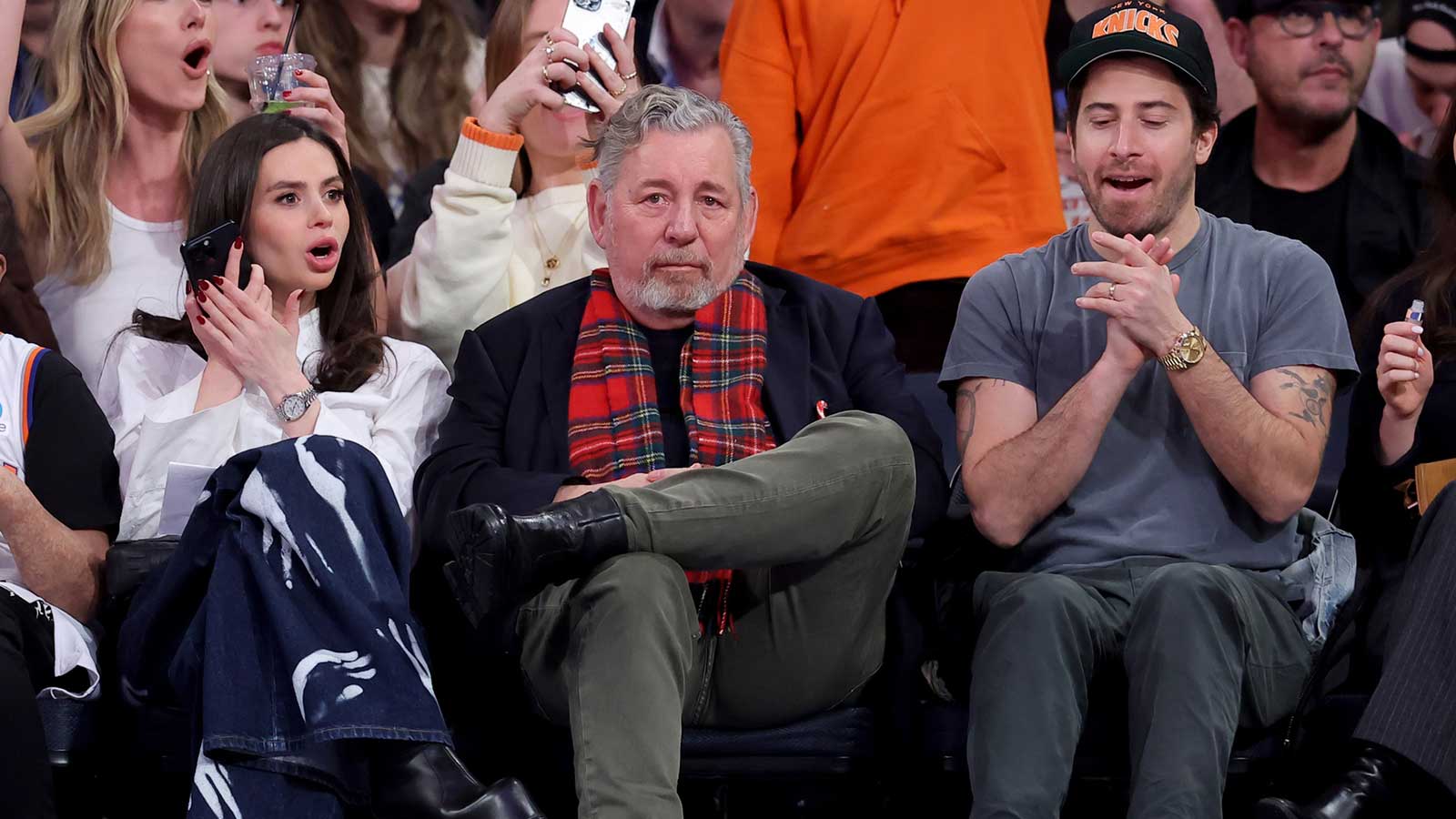Doug Liman is not going to attend the SXSW film festival where his movie Road House is opening, according to his guest column in Deadline.
While he said that the film “maybe my best,” he's still not attending. The movie's fantastic and he's “sure it will bring the house down and possibly have the audience dancing in their seats during the end credits.”
But he will not be there.
Liman originally planned to stage a silent protest against Amazon Studios' decision to stream the movie instead of releasing it theatrically. However, the filmmaker claimed that this hurts more than just himself and the film.
Road House 2024: not in cinemas

The director spoke about how Amazon, having bought MGM, promised that it would invest $1 billion into theatrical motion pictures — movies intended to be released in cinemas — at least 12 every year. It was a promise supposedly backed by “the largest commitment to cinemas by an internet company.”
However, Liman said they did the complete opposite to him and Road House.
He said Amazon told him that Road House was a “smash hit.” It tested higher than Liman's biggest box office hit, 2005's Mr. and Mrs. Smith, and even 2002's Bourne Identity. That movie then went on to have four more sequels.
The director mentioned Road House's strong tie-in to the UFC and its “rabid and loyal fanbase” which was responsible for 1.5 billion social media impressions for the movie, and that's before being marketed.
The film stars Jake Gyllenhaal who Liman wrote as having given “a career-defining performance in a role he was born to play.” It also has UFC superstar Conor McGregor in his debut film.
With all that going for the film, the filmmaker said there was nothing else he could give to the studio because Amazon “has no interest in supporting cinemas.” The company will exclusively stream the movie on Prime Video — no theatrical release.
Liman said that Amazon asked for his and the film community's trust that the company will support cinemas. However, “they turned around and are using Road House to sell plumbing fixtures.
Doug Liman and the case for theatrical releases
The director goes on to give an impassioned reasoning for cinematic releases. He wrote that he wants Gyllenhaal to be recognized when the awards season roll in.
If a movie is exclusively streamed and not screened in cinemas, it won't qualify for an Academy Award. The Academy's rule states that, “to be eligible in the general categories, films (meaning a runtime of more than 40 minutes) must open in a commercial theater” in LA county, New York City, Chicago, Miami, and Atlanta between Jan. 1 and Dec. 31.
Liman isn't just worried about Gyllenhaal — or actors in general.
He wrote about the importance of tentpole movies being shown in movie theaters — that if they're not shown there, “there won't be movie theaters in the future.” The filmmaker goes on to detail about how commercial box office hits “allow studios to take gambles on original movies and new directors.”
At the heart of his argument is the life of movie theaters at large, how they're not just a place to watch movies. That they provide a communal experience. The director mentioned how Christopher Nolan and Tom Cruise insisted that their movies play in theaters, which essentially proved the importance of cinemas.
Liman did not denounce streaming. In fact, he wrote that he “made one of Amazon's first original movies for streaming.” I believe he means 2017's The Wall. And he also wrote about having sold a film for streaming to Warner Bros. 2021's heist movie Locked Down.
All in all, I believe from his column that Liman really just wanted Road House to be shown in movie theaters as well. And it's not just because the original 1989 movie starring Patrick Swayze had a cinematic release. Obviously, it did; there was no other platform for it.
Before the advent of streaming, big-budget movies were released in theaters and then several months later, in home video format. Now, things have dramatically changed. Even before the pandemic, tentpole movies were in cinemas at least six weeks before they were made available for streaming.
From theatrical release to streaming: the sweet spot
According to a Comscor media analyst, the sweet spot for movies being shown in cinemas and then released on streaming platforms in 45 days. He said, “It gives enough time for a movie to play in theaters, build prestige and exclusivity, while at the same time [it] gives consumers the knowledge that they’re going to have the opportunity to watch the movie on the small screen within a reasonable amount of time.”
I believe this is what Liman wants. He doesn't want streaming to go away. Neither does he want movie theaters to go away either. He wants both to co-exist. And for his movies to have both platforms.
The filmmaker doesn't really blame the people at Amazon. The algorithm on which they based their decision to deny Road House a cinematic release on the other hand…




















